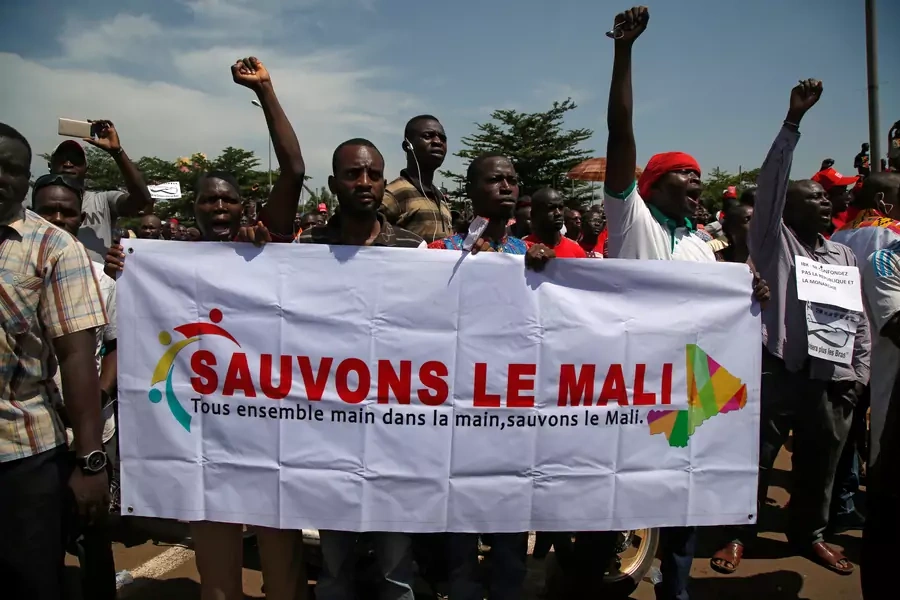Post-Coup Prospects for Democracy in Mali

When Mali’s summer of discontent culminated in a coup on August 18, media coverage was soon full of images of celebrating citizens, and opposition leaders expressed approval of the military takeover. The scenes of jubilation in the streets could give observers the impression that democratic governance has no future in the country. But this is misleading.
Recent Afrobarometer data shows that the people of Mali strongly support the rule of law, and a majority support democratic governance and oppose military rule. Malians want government that works and is accountable to citizens, and there is no clear majority for elevating one of these priorities over the other. History strongly suggests that the recent coup will not deliver on either front, but as in Zimbabwe in 2017, it fulfills the immediate demand for change before failing to deliver better governing results over time.
More on:
For many years, Mali has suffered from a profound disconnect between the priorities of its citizens and those of its political elites. The international actors attempting to help stabilize the situation have in some cases actually widened that gap, by ignoring political dysfunction in favor of a narrow definition of security concerns, and by pretending that shallow, Bamako-centric political processes could meet the country’s desperate governance needs.
Moving Mali forward requires political will from domestic and international actors to discard the old playbook and stitch together a stronger foundation of political representation and legitimacy, and, where the requisite political will exists, a willingness to invest in the unglamorous work of strengthening governing capacity. It’s a challenging set of tasks, and while the primary drivers of Mali’s future must be the Malian people, they will need clear-eyed, activist diplomacy from Mali’s international partners. For the United States, that means coordination but not deference to other international actors, and an understanding that Mali’s political crisis has an internal logic that is affected, but cannot be resolved, by regional dynamics. In other words, a Mali-specific strategy for supporting political progress must be understood as an essential element of any Sahelian stability strategy, and diplomatic skill and resources will need the same support in Congress and the foreign policy community that counterterrorism support has enjoyed.
More on:
 Online Store
Online Store